Barbara Kingsolver, a prominent American author, is celebrated for her engrossing novels and informative non-fiction works. Born on April 8, 1955, in Annapolis, Maryland, Kingsolver’s works are often enriched with themes encompassing social justice, ecology, and the intricate relationship between humanity and the natural world.
Growing up in rural Kentucky, Kingsolver nurtured a profound affinity for nature, a theme echoed throughout her works. Her academic background in biology, obtained from DePauw University and the University of Arizona, significantly informs her non-fiction works. Besides her prolific writing career, Kingsolver is a dedicated activist advocating for environmental sustainability, biodiversity, social justice, local agriculture, and independent bookstores.
Suggested Reading Order for Barbara Kingsolver’s Works
Here’s an ordered compilation of Kingsolver’s works to guide the reader:
The Bean Trees (1988):
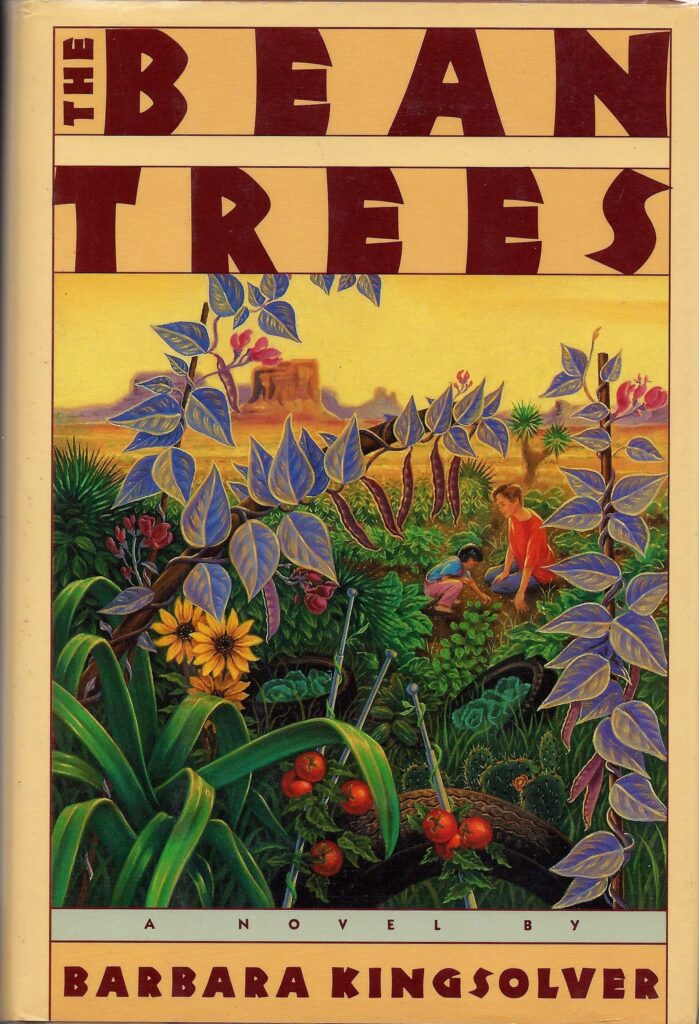
Kingsolver’s debut novel invites readers to follow the journey of Taylor Greer, a young woman seeking a life filled with adventure and self-discovery.
Homeland and Other Stories (1989):

A collection of short narratives highlighting Kingsolver’s skill in creating captivating tales revolving around love, loss, and human bonds.
Animal Dreams (1990):
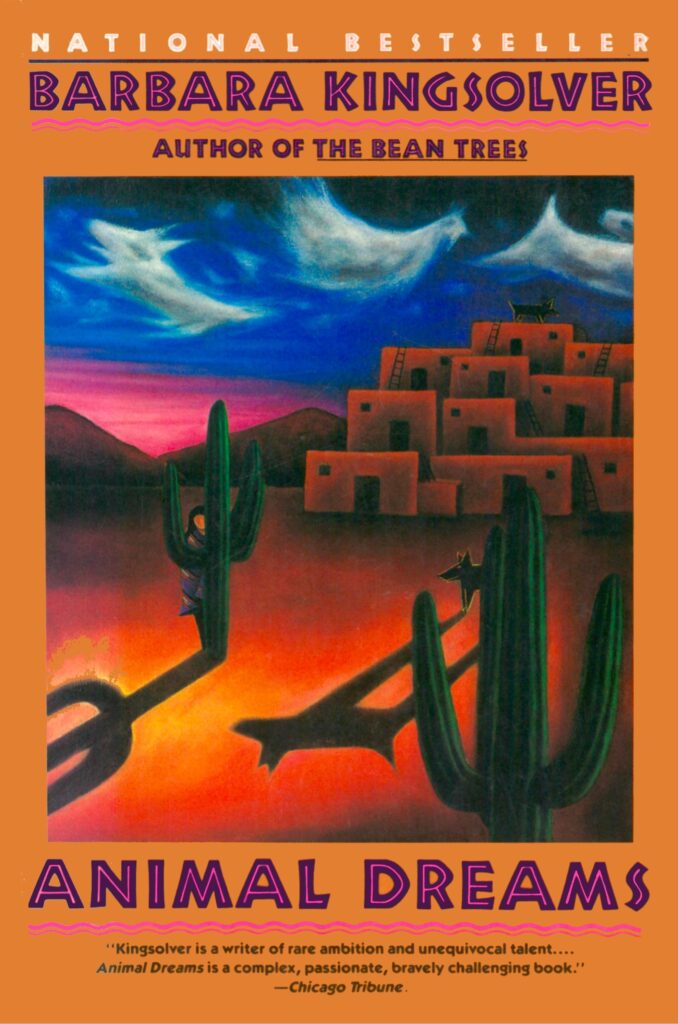
Based in the fictitious town of Grace, Arizona, this novel unravels the troubled past, family secrets, and unexpected solaces of Cody Noline.
Pigs in Paradise (1993):
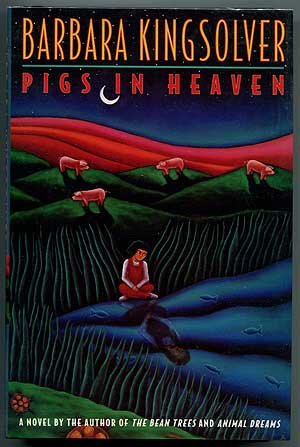
As a sequel to The Bean Trees, readers reunite with Taylor Greer and her adopted Cherokee daughter, Turtle, as they navigate issues of heritage, identity, and motherhood.
The Poisonwood Bible (1998):

Kingsolver’s most recognized work, this epic novel explores the Price family’s transformative journey to the Belgian Congo amidst cultural clashes and political turbulence.
Prodigal Summer (2000):
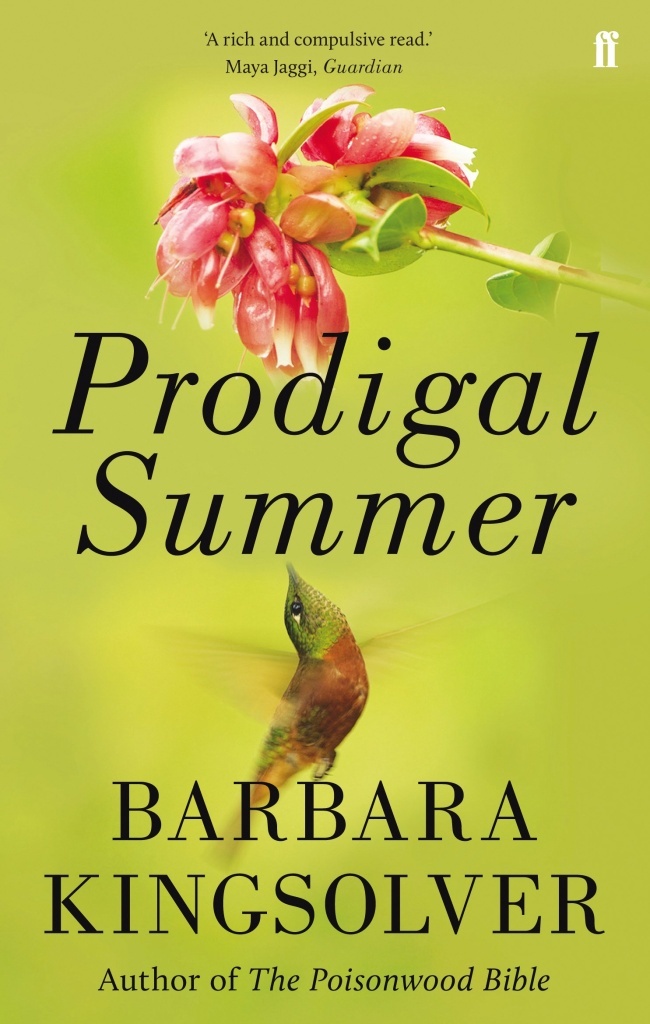
Set against the backdrop of rural Appalachia, this narrative interweaves the lives of three individuals, Deanna, Lusa, and Garnett, revealing their unique relationships with nature and each other.
Small Wonder (2002):
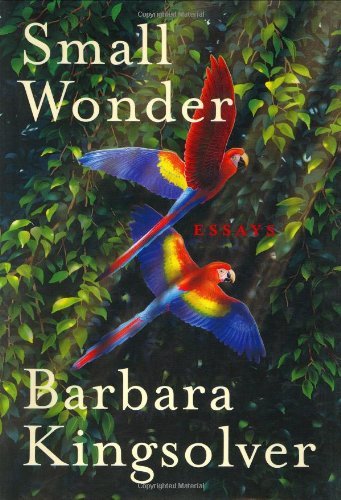
A compilation of essays where Kingsolver shares her reflections on varied subjects from global terrorism to environmental concerns, showcasing her insightful perspective.
Last Stand: America’s Virgin Lands (2002):

In collaboration with photographer Annie Griffiths Belt, Kingsolver offers a textual and visual expedition of the untouched natural habitats within the United States.
Animal, Vegetable, Miracle (2007):
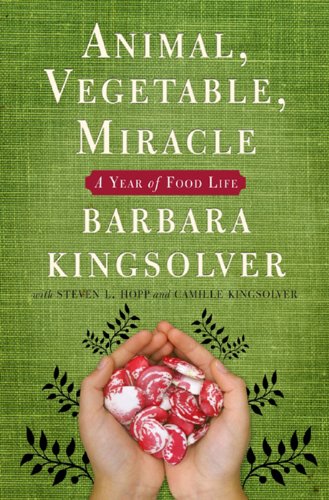
Co-written with Stephen L. Hopp, Kingsolver’s spouse, and their daughter Camille, this non-fictional work narrates their family’s year-long venture into complete reliance on locally sourced produce. This book emphasizes the significant role of sustainable farming practices.
Lacuna (2009):

This historical fiction revolves around the life of Harrison William Shepard, a burgeoning writer who finds himself entwined with eminent personalities like Frida Kahlo and Leon Trotsky. This narrative stretches across Mexico and the United States, delving into art, politics, and self-identity.
Flight Behavior (2012):
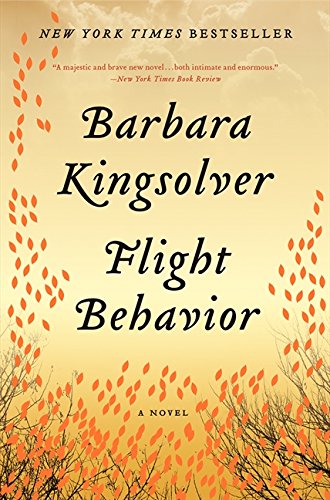
Set against the rustic backdrop of Tennessee, this narrative follows Dellarobia Turnbow, whose life spirals into an intriguing course following her discovery of an unusual phenomenon involving monarch butterflies.
Unsheltered (2018):

A tale narrated across two distinct time periods, this novel uncovers the experiences of two families residing in the same dwelling but centuries apart. Kingsolver probes community and environmental concerns through their interconnected stories.
Each work from Barbara Kingsolver’s repertoire is a testament to her mastery in storytelling, the art of character development, and her adeptness in gracefully handling intricate topics. Each narrative invites readers on a journey into the depths of human experiences, leaving them enriched and reflective.
Concluding Remarks
Kingsolver’s literary style is marked by vivid depictions, comprehensive character evolution, and exploration of profound social and political matters. She seamlessly weaves together multiple storylines and perspectives, crafting compelling narratives that intellectually and emotionally resonate with her audience.
Her non-fiction work, including ‘Animal, Vegetable, Miracle,’ goes beyond fiction to reveal her fervor for environmental consciousness, sustainable living, and cherishing unity with nature. In this book, readers embark on a year-long journey with Kingsolver’s family as they live entirely on locally produced food.
Kingsolver’s valuable contributions to literature have been honored with several awards, including the Orange Award for Fiction, the National Medal of Humanities, and the PEN/Bellwether Award for Socially Engaged Fiction.
All in all, Barbara Kingsolver stands as not just an accomplished wordsmith, but also a passionate advocate for social and environmental matters. Through her captivating tales and thought-provoking themes, she consistently inspires her readers to reflect upon their role in the world and aspire for a brighter future.



